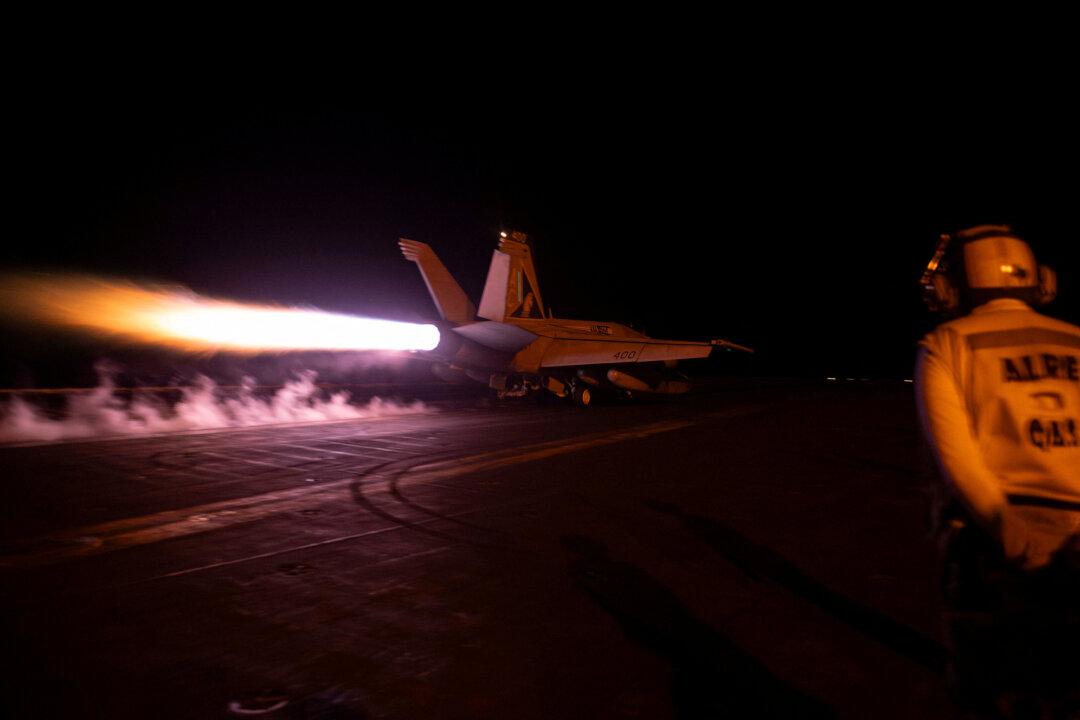Former Republican congressional candidate and political commentator Bryan Leib expressed hope that U.S. military strikes over the weekend in Iraq and Syria will help prevent a wider conflict throughout the Middle East, but he expressed doubts that the United States actually hit any significant military targets.
The U.S. strikes in Iraq and Syria, which started on Feb. 2, targeted locations of suspected Iranian Islamic Revolutionary Guards Corps (IRGC) forces and militia groups believed to be acting at Iran’s behest. The U.S. strikes came in retaliation for a Jan. 28 explosive drone attack in Jordan, believed to have been carried out by an Iran-backed terrorist group, that killed three U.S. servicemembers and injured dozens more.





